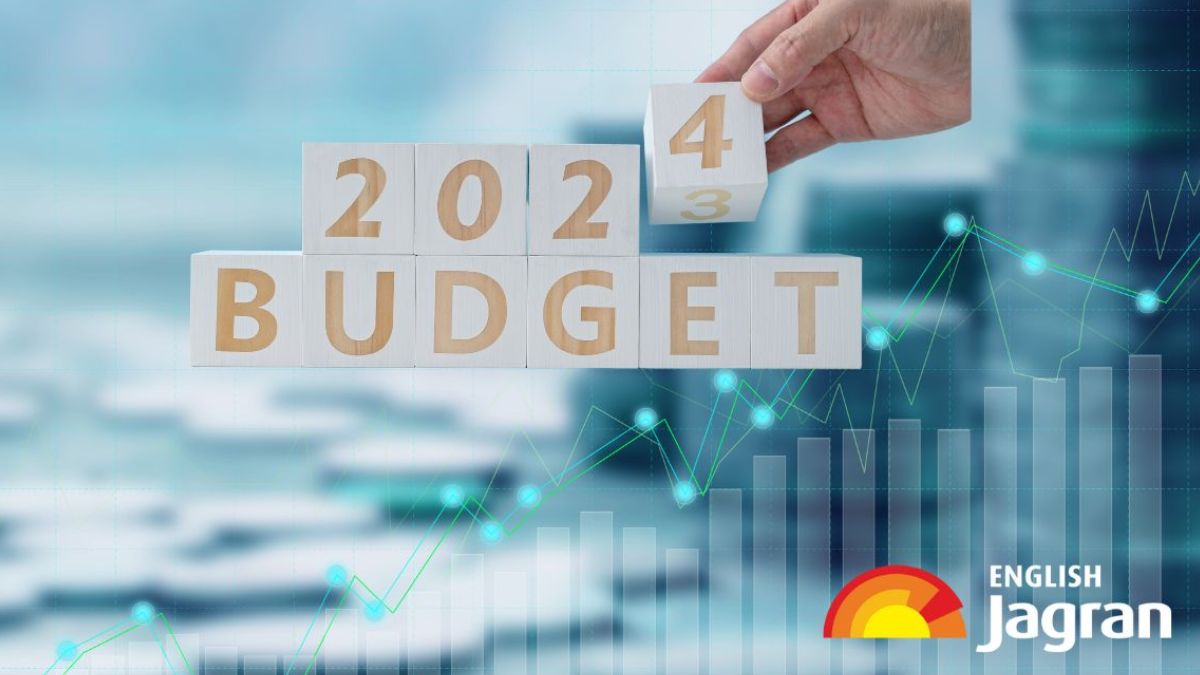- By Aashish Vashistha
- Sat, 27 Jan 2024 01:51 PM (IST)
- Source:JND
Budget Expectations 2024: Finance Minister Nirmala Sitharaman is scheduled to present the Interim Budget on February 1 and like most sectors, the healthcare sector is also vocal about its expectations for allocations and reforms that foster innovation, growth, and social well-being.
As general elections are scheduled to take place in the country later this year, this budget will be a ‘vote-on-account’. Following the elections, a full-fledged budget will be presented once the new cabinet is elected. This will be Sitharaman’s sixth straight budget.
Interim Budget 2024: Healthcare Sector Expectations
As the Union Budget approaches, several health experts voiced their expectations. Many of them have demanded for a substantial increase in the healthcare allocations, with the recommendation that at least 5 per cent of the union budget should be dedicated to healthcare.
Aman Puri, founder of India's sports nutrition and wellness brand, Steadfast Nutrition, expressed concerns about India’s healthcare sector and emphasised that India allocates only 2.1 per cent of its GDP to healthcare, far less than the global average of 6 per cent, despite being a pharmaceutical hub and home to a significant share of the global disease burden.
"In recent times, we have witnessed the spread of new or less-discovered diseases, which have proved to be fatal and require investigation, research and so funds. Building of new infrastructure is also required to prevent air and water-borne diseases, necessitating the need for increased expenditure on healthcare in Budget 2024-25,” Puri was quoted as saying by news agency ANI.
"Apart from this, India is heading towards being the global manufacturing leader in the pharmaceutical and nutraceutical segment - these sectors require immense government support and subsidiaries -- especially to develop new industrial economic zones in Tier 2 and 3 cities with the help of government bodies,” he added.
Chandra Ganjoo, Group Chief Executive Officer, Trivitron Healthcare, said, “As we approach the Union Budget 2024-25, the MedTech industry in India holds high expectations. With an alarming 80-85% dependence on imports, resulting in a massive import bill of over ₹ 63,200 crore, it is crucial for the government to catalyze domestic manufacturing. This not only reduces the financial strain but also propels India towards self-reliance in medical technology.”
Sudheer VS, CEO, of Maxivision Super Specialty Eye Hospitals, said, “India’s per capita health spend, despite its economic strength, ranks among the lowest jeopardizing its demographic dividend. As India’s population ages, the rise in preventable eyesight disorders, including cataracts, refractive errors, glaucoma, and diabetic retinopathy, poses a significant burden. Early detection frameworks are crucial, particularly in remote regions where these issues often go unnoticed.”
“The budget should prioritize healthcare infrastructure across city tiers and heavily invest in skill development for a trained talent supply and service standardization. Paramedical training is crucial for robust support to clinical teams and patients. Further, to integrate eye care into universal health coverage and address vision loss & its impact on sustainable development, we anticipate the Budget to allocate funds for large-scale eye screening,” Sudheer said.
Sharing his insights A Ganesan, Vice Chairman, Neuberg Diagnostics, said, "the limit of Rs 25,000 (for other than senior citizens) and Rs 50,000 (Senior Citzens) were fixed long ago. The Insurance premiums have gone up significantly and with Medical expenses also going up substantially, there is enough reasons to increase the deduction of Medical Insurance Premium to Rs 50,000 and Rs 75,000 respectively".
"Currently, those who do not have a Health Insurance cover, are entitled to claim up to Rs 50,000 towards medical expenditure incurred. There are number of persons who do not have Health cover, particularly, those above 60 years. The pandemic has again dealt a body blow to this section of people. In view of the above, this limit has to be increased substantially or at least up to Rs 1,00,000," he further said.
Ganesan called for a reduction in GST across all products and services, "to spur consumer spending". "The petroleum products have to be brought under GST. Healthcare services have to be brought under GST regime with 1% levy so that they are able to avail the input credit, which go as waste now, resulting in higher cost of services," he said, adding, "If this is done, the overall cost of Healthcare services will actually come down benefitting larger section of the people".

